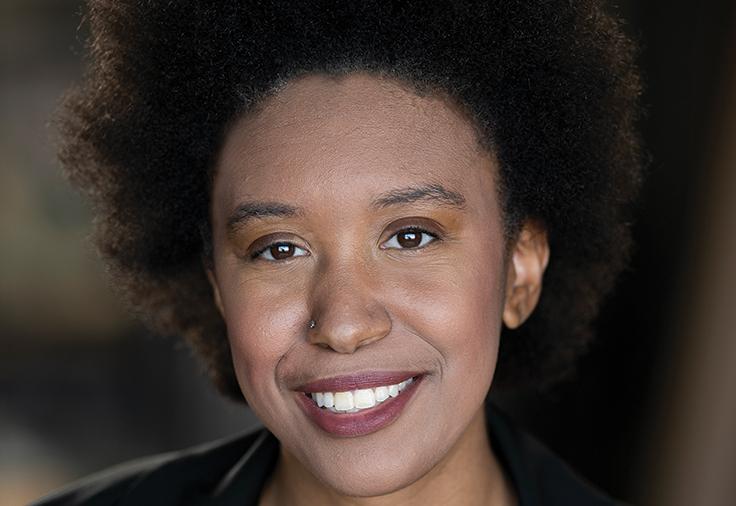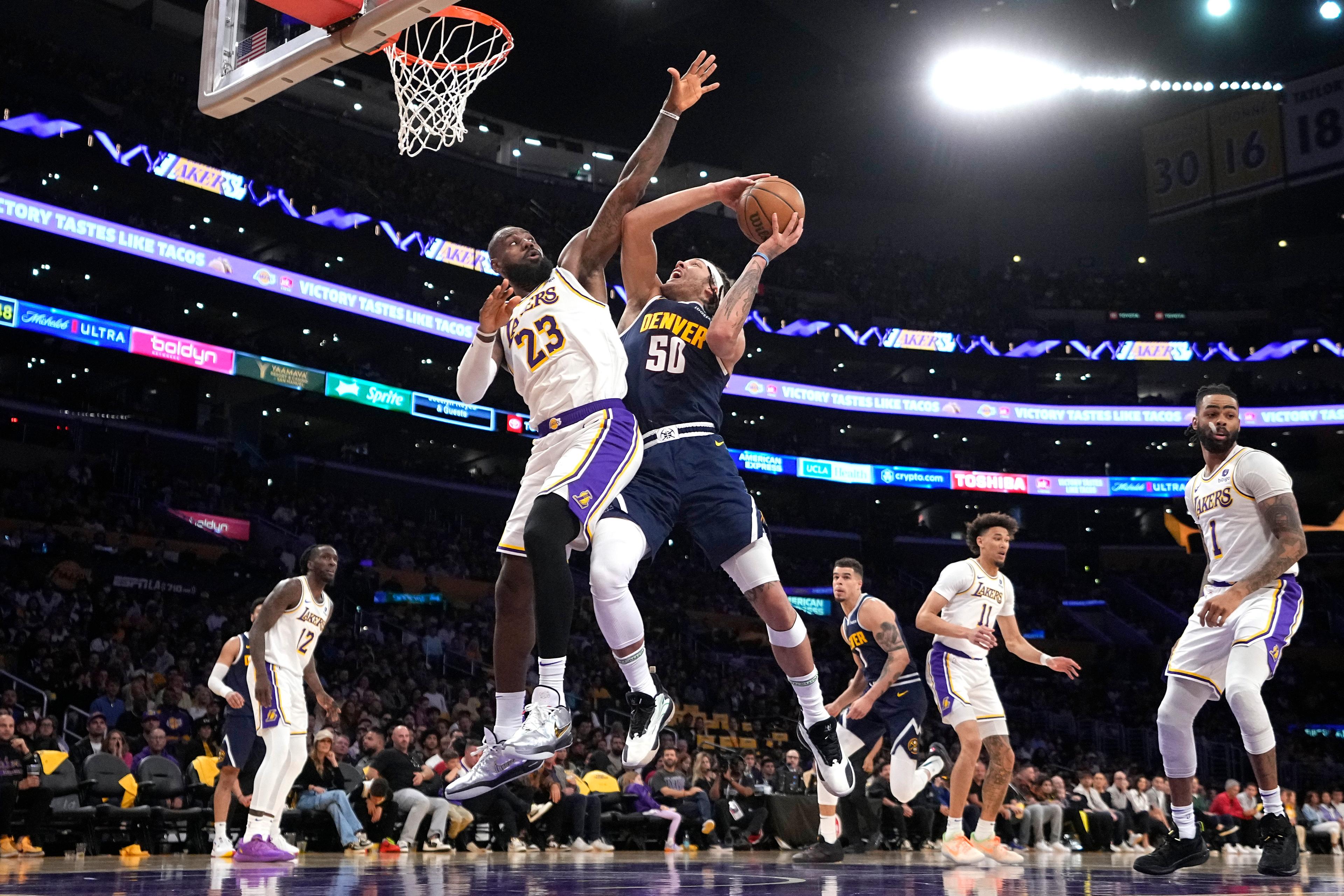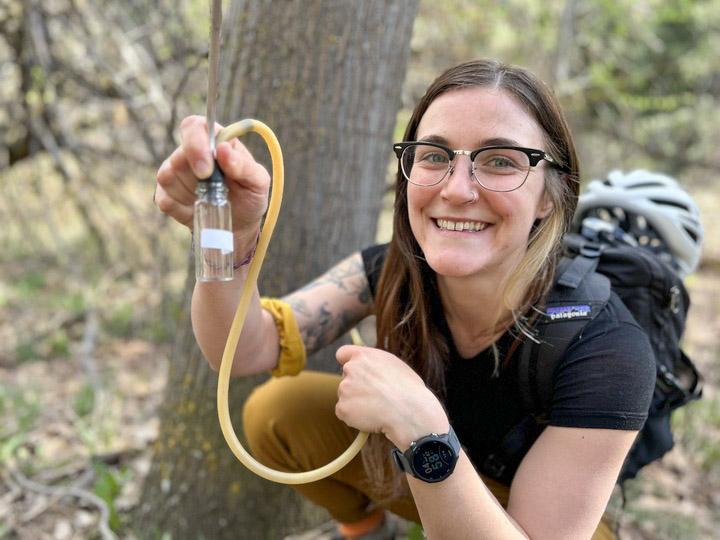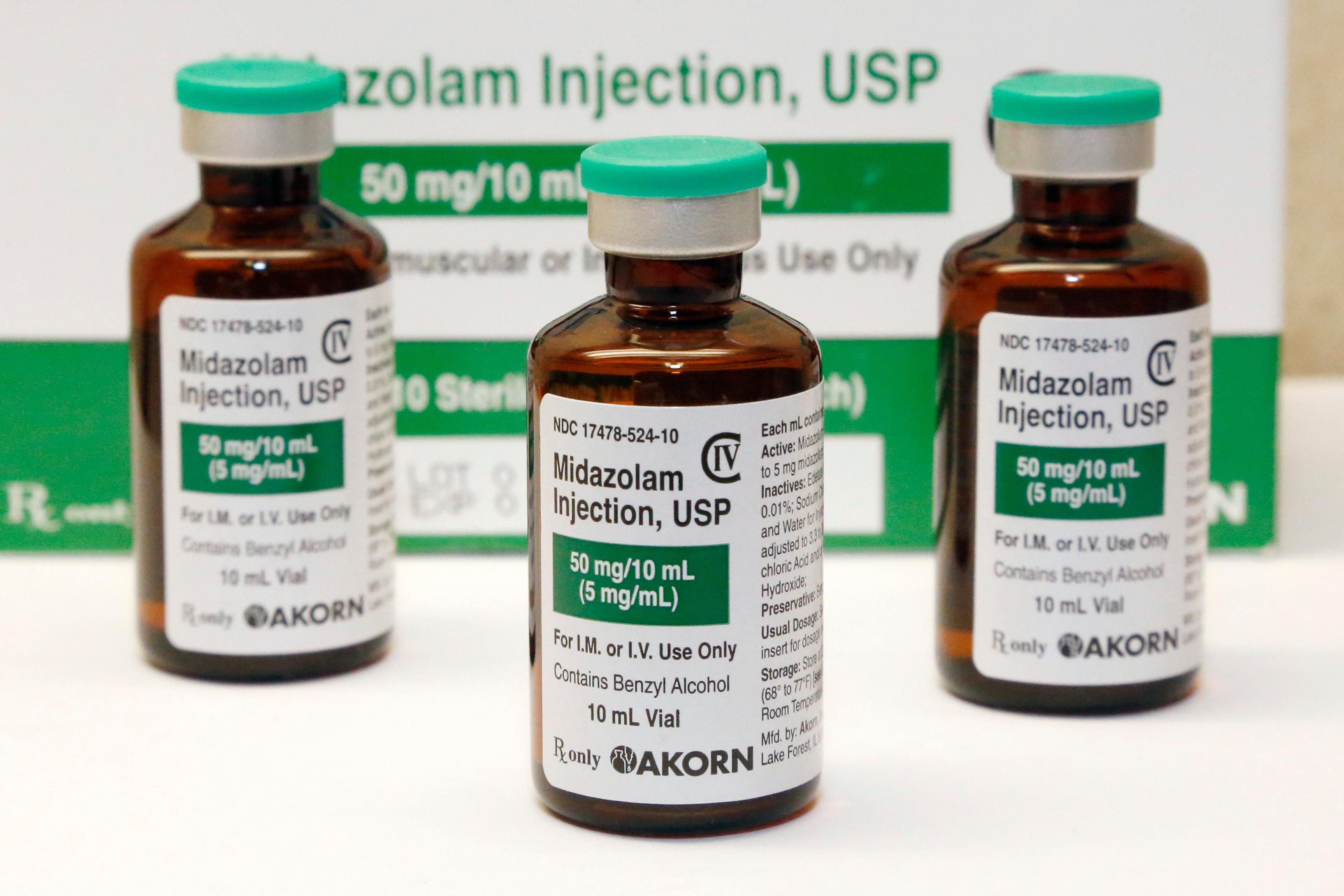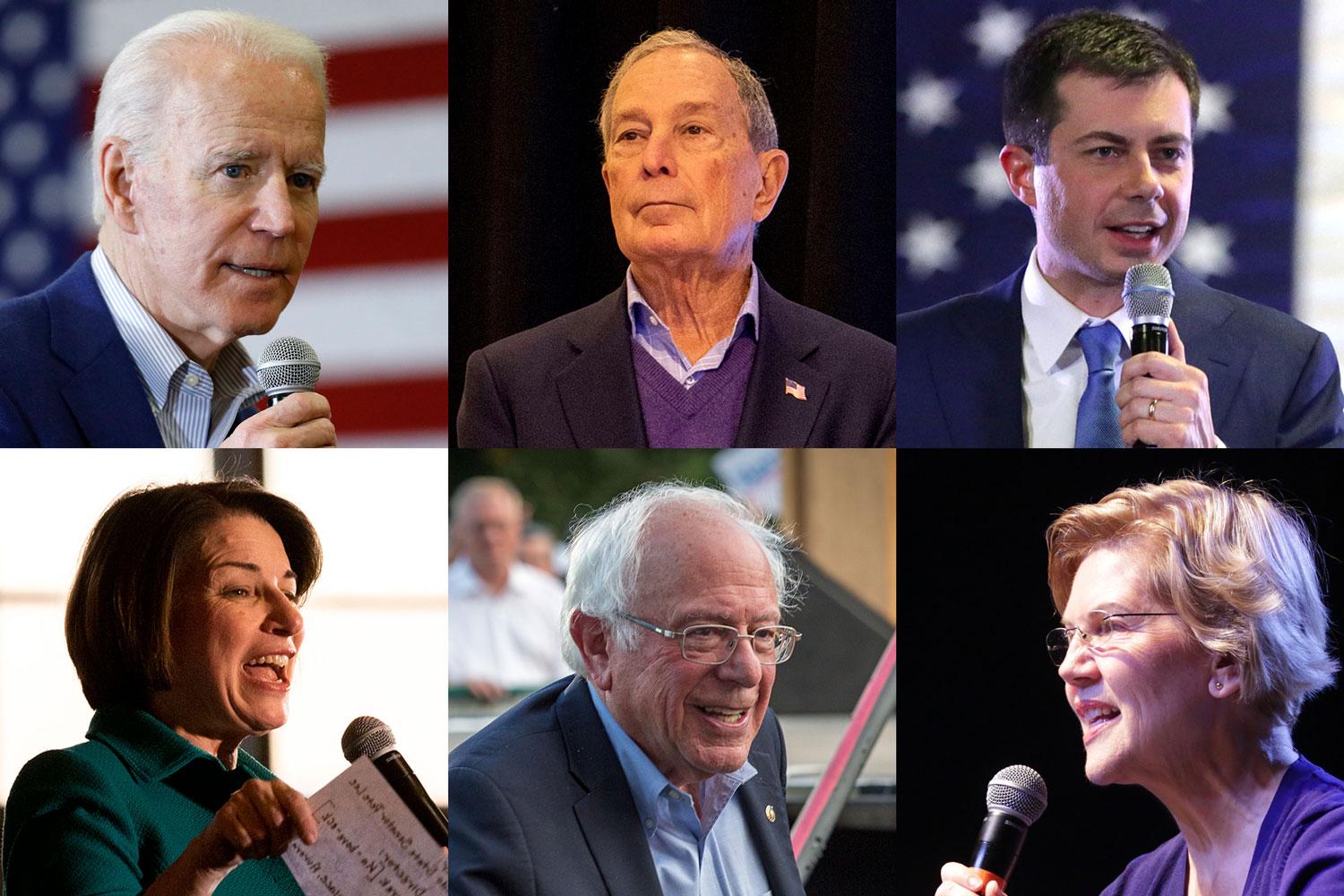
Billionaire Democratic candidate Michael Bloomberg has now spent $7.8 million dollars on TV advertisements in Colorado ahead of Super Tuesday.
The total ad spending in Colorado is at $8.9 million, according to Advertising Analytics, a tracking firm. Bloomberg is behind more than 87 percent of that. The firm originally projected that candidates would spend $12.7 million in Colorado for the primary.
That kind of financial investment in Colorado is very different from four years ago. There was only $2 million worth of presidential primary spending in the Centennial State in 2016.
A distant second place in ad spending is Bernie Sanders with $623,694. Elizabeth Warren bought $327,458 in TV ads — the most she’s spent in any Super Tuesday state.
Last week, the candidates who were spending money included Bloomberg, Sanders, Steyer and Warren. With less than a week left before Colorado’s primary, Pete Buttigieg and Donald Trump also decided to buy ads, but not much: Trump bought $133,500, and Buttigieg purchased $55,465.
Joe Biden, Amy Klobuchar and Tulsi Gabbard haven’t invested anything in the state.
Television stations have to disclose whenever a political candidate buys advertising through the Federal Communications Commission. The FCC gives programming rules for radio, television, cable television and direct broadcast satellite. Digital advertising does not have the same rules.
Compared to the other 13 Super Tuesday states, Colorado is in sixth place for how much the presidential candidates are spending. American Samoa, a U.S. territory but not a state, is also having their primary on Tuesday, but are not included in these calculations.
Klobuchar and Gabbard may not be spending in Colorado, but they have invested in other Super Tuesday states. Klobuchar has spent most of her funds in North Carolina, investing more than $1.2 million. She has also poured hundreds of thousands of dollars into Minnesota, Tennessee, Alabama, Virginia, Oklahoma, Arkansas and Maine.
In contrast, Gabbard has only bought television time in California and Texas, spending less than $120,000 in total.
Biden has only bought ads in one Super Tuesday state: North Carolina, spending $100,376.
Sanders and Bloomberg are the only candidates so far to invest in every Super Tuesday state, and Bloomberg is consistently outspending everyone. He poured most of his money in California buying more than $64 million in ad buys.
Seth Masket, the director of the Center of American Politics at the University of Denver, said he expects many candidates to drop out after Tuesday. He said it’s a little odd to even still have eight candidates fighting for the nomination at this stage. In 2016, only Bernie Sanders and Hillary Clinton remained on Super Tuesday.
“It’ll be hard for many candidates to come out of that with a path to the nomination,” Masket said. “For a lot of them, some paths will be very clearly closed off and I think the race will shrink pretty quickly after that.”
David Magleby, a political science professor at Brigham Young University, said that it’s the donors who are funding these campaigns who have a lot of the power in deciding who will stay in the race.
“They’re going to watch Super Tuesday very closely this year,” he said. “They’re trying to figure out if the person they’ve been backing, or [the person] they’re thinking they might switch to back if their favorite one is faulting is viable.”
Michael Bloomberg, who is self-funding his campaign, does not have this concern.
According to the Wesleyan Media Project, there is about $617 million worth of total TV ad spending nationally.
“One of the major implications is that broadcast television is certainly not dead,” Ben Taber of Advertising Analytics said. “The overall amount of money going into politics is way up.”
The latest polls show Sanders still comfortably in the lead nationally, where he has been for most of February.
